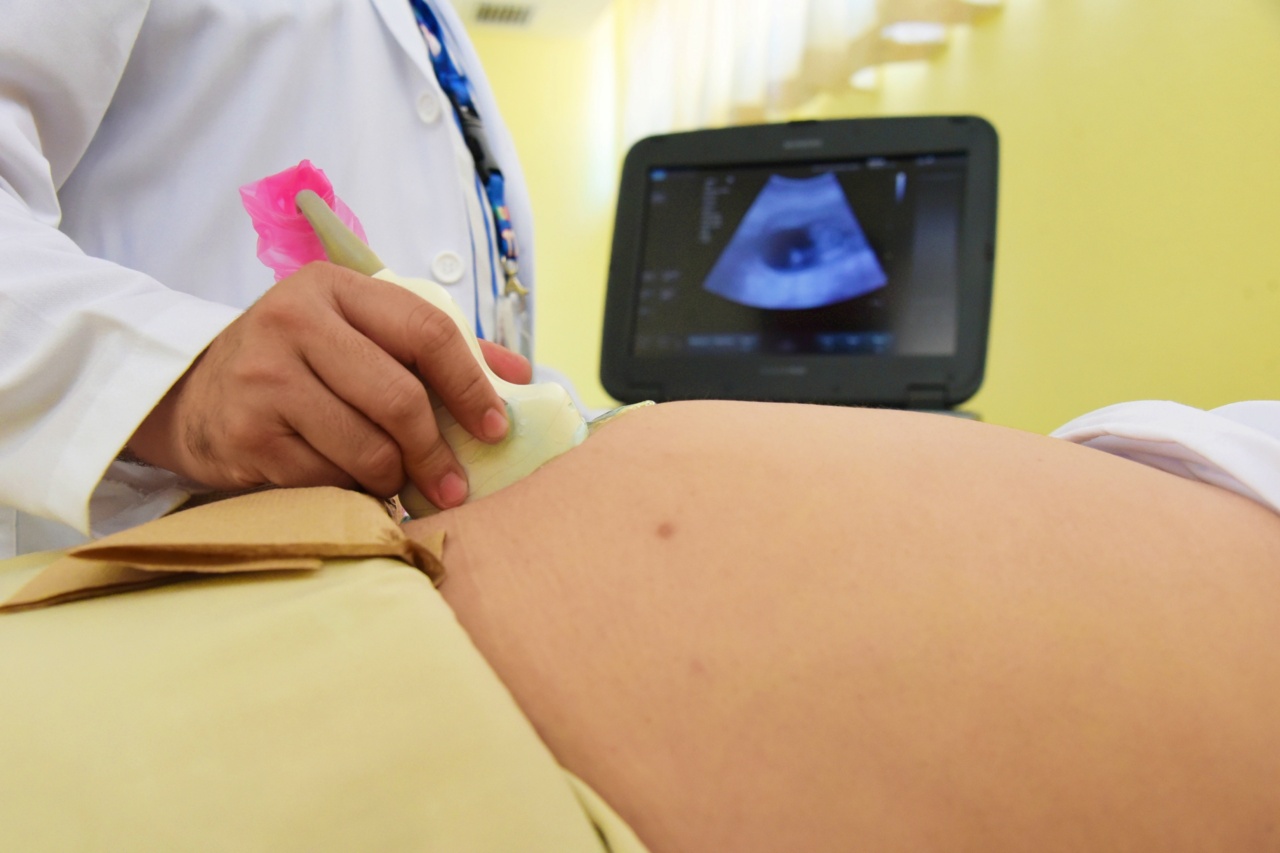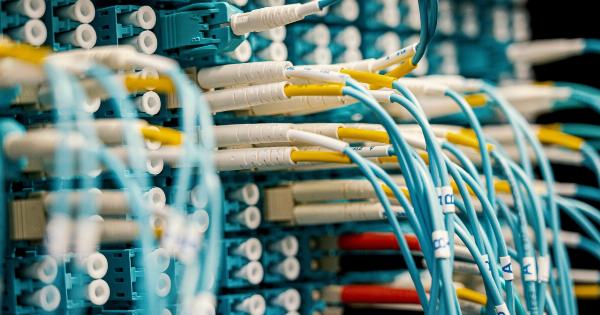For many of us, stomach-related problems have become a part of everyday life. From acid reflux to heartburn, many people have turned to various stomach medications to alleviate these issues.
Commonly available over the counter, these medications provide quick relief and are usually considered safe. However, recent studies have suggested that some stomach medications carry the risk of damaging the kidneys, especially if taken for an extended period of time.
This raises important questions about the long-term use of these medications, and the potential for kidney damage is a matter of concern.
What are the causes of kidney damage?
Kidney disease is caused by damage to the nephrons, which are tiny blood vessels in the kidneys. When nephrons get damaged, the kidneys can’t function correctly and may not be able to filter waste from the body.
Over time, this can lead to serious health problems, including kidney failure. Several factors can lead to kidney damage, including:.
- High blood pressure
- Diabetes
- Heart disease
- Smoking
- Obesity
- Family history of kidney problems
- Age
What are the different types of stomach medicines?
There are several types of stomach medications that people use to alleviate digestive problems. Some of the most common stomach medicines include:.
- Antacids
- H2 blockers
- Proton pump inhibitors (PPIs)
What are antacids?
Antacids are stomach medicines that neutralize stomach acid. They are commonly used to treat heartburn, acid reflux, and indigestion. Antacids work by coating the stomach lining, which helps to neutralize acid and reduce inflammation.
Most antacids are available in tablet or liquid form, and they are usually taken after meals or before bedtime.
What are H2 blockers?
H2 blockers, also known as histamine-2 receptor antagonists, are medications that block the production of acid in the stomach. They are commonly used to treat peptic ulcers, acid reflux, and heartburn.
H2 blockers work by reducing the amount of acid the stomach produces, reducing the likelihood of stomach acid flowing back up into the esophagus. Common H2 blockers include cimetidine, famotidine, nizatidine, and ranitidine.
What are proton pump inhibitors (PPIs)?
Proton pump inhibitors (PPIs) are medications that suppress the production of stomach acid. They are commonly used to treat gastroesophageal reflux disease (GERD), peptic ulcers, and stomach acid-related disorders.
PPIs work by inhibiting the proton pump, which is responsible for the production of stomach acid. The most commonly prescribed PPIs are esomeprazole, lansoprazole, omeprazole, pantoprazole, and rabeprazole.
Can stomach medicines lead to kidney damage?
The link between certain stomach medications and kidney damage has been a topic of research for several years. A growing number of studies have linked the use of PPIs to kidney disease.
Some studies have found that PPIs can reduce the kidney’s ability to filter waste from the bloodstream, leading to a buildup of toxins and fluids.
Similarly, research has also suggested that prolonged use of H2 blockers can increase the risk of kidney damage.
A study by the Stanford University School of Medicine found that people who took H2 blockers for over a year were at a higher risk of developing chronic kidney disease than those who did not use these medications.
Although the exact mechanism behind stomach medications leading to kidney damage is not well understood, it is believed that these medications can inhibit the function of lysosomes, a cell component that helps to break down waste and toxins in the kidneys.
What are the signs and symptoms of kidney damage?
Kidney disease often presents no symptoms in its early stages, which is why it is essential to monitor your kidney function if you are at high risk for the disease. However, some of the common signs of kidney damage include:.
- Changes in urination habits
- Swelling in hands and feet
- Fatigue and weakness
- Nausea and vomiting
- Shortness of breath
- Decreased appetite and weight loss
- Back pain, especially in the lower back
What are the precautions that people can do to minimize the risk of kidney problems?
To prevent kidney problems, it is essential to take some precautions. Some of the steps that can help minimize the risk of kidney damage include:.
- Avoiding tobacco products
- Maintaining healthy weight
- Regular physical exercise
- Checking blood sugar and blood pressure regularly if diabetic or hypertensive
- Dietary change or avoiding certain types of food such as high-sodium, high-phosphorus, processed food, and colas. Also limiting red meat intake
- Limiting the use of NSAIDs and other potentially harmful drugs, which can put stress on kidneys
- Using stomach medications for the short term or after consulting with the doctor
Conclusion
In conclusion, stomach medications can provide quick relief from digestive issues, but it is essential to know that they may carry the risk of damaging the kidneys.
Prolonged use of certain stomach medications such as PPIs and H2 blockers may lead to kidney damage, especially in people with underlying kidney problems. If necessary, these medications should be used for the short term and not be taken without consulting with the doctor.































